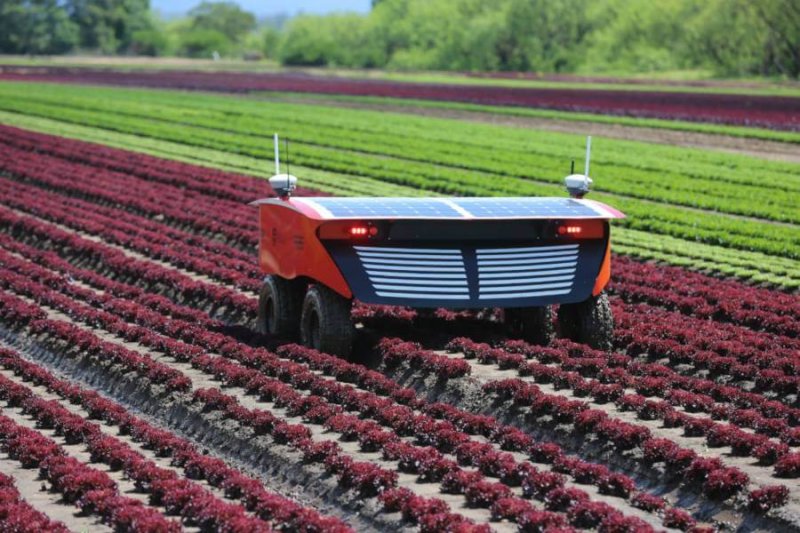“I can’t think of a better or more noble application of artificial intelligence than into the food supply chain,” says David Roberts, chief innovation officer of the Indiana Economic Development Corporation (IEDC). “It’s tragic that we had a situation where crops were in the fields, hogs were on farms and folks were going hungry during the pandemic.”
The pandemic-related supply chain crisis demonstrates the need for real-time connections between producers and consumers. AI’s potential to close those gaps in the food supply chain explains why agriculture’s AI market is projected to reach nearly $2.5 billion by 2026.
…
The power of AI to impact the food supply chain touches everything from soil to profits. AI and machine learning (ML) solutions can monitor and optimize irrigation, detect soil conditions, track crop development, evaluate and harvest traditionally hand-harvested crops, project future growing conditions and more. Taranis, a novel precision agriculture technology company, provides unparalleled leaf-level aerial surveillance—relying on AI to deliver granular insights to improve the effectiveness and efficiency of farm management and prevent crop yield loss.
Ultimately, adopting AI could ultimately help farmers add efficiency and agility to their businesses, while consumers could enjoy increased inventory, food safety and transparency about the origins, compositions and quality of the food on their plates.































